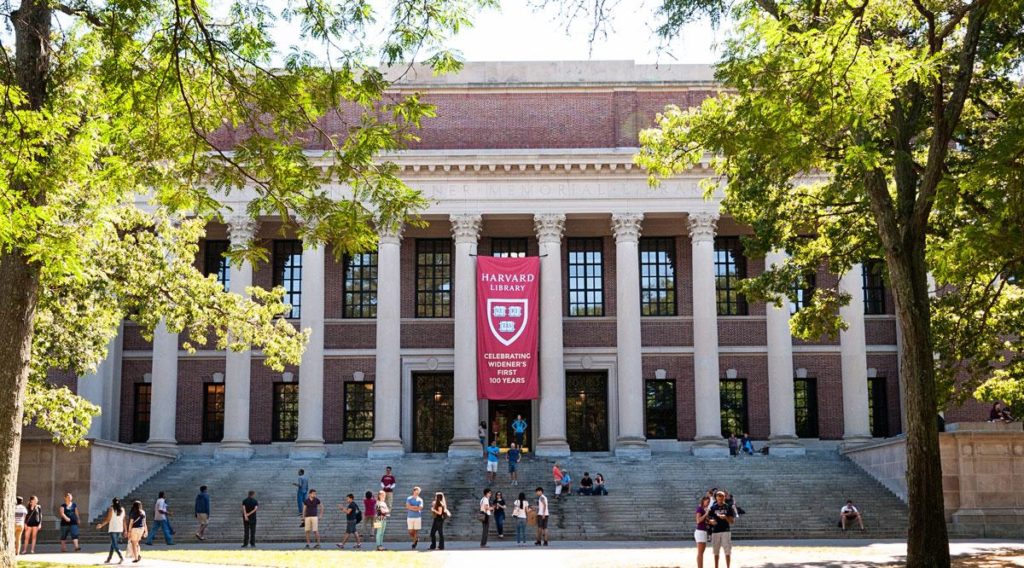
The latest from US immigration authorities? Foreign students at US universities and schools will no longer be eligible to stay in the country if their courses move completely onlin.
Students holding visas for either academic or vocational courses that have moved fully online will most likely need to deport, if they haven’t done so already.
The tightening of student visa restrictions comes right after Trump’s administration suspended a range of different guest worker visas, which effects scientists, doctors and others. Trump has also suspended green cards to compensate for millions of Americans who lost their jobs during the pandemic.
It’s a difficult time for students who’s travel and study plans remain up in the air. Harvard, for example, will hold all undergraduate classes online and invite only 40% of students back to campus. All 1,650 first-year students will have the option to reside on the Cambridge grounds when the term begins on September 2, but they will take classes online. Obviously, international students won’t be included in this 40% ratio.
“We just recognize that for first-year students, being on campus this year is incredibly important,” says a Harvard spokesperson.
Beyond one-on-one meetings with professors and small, informal gatherings, there will be no organized live activities.
Princeton also announced its reopening plans today. It is inviting first-year students and juniors to live on campus and conduct teaching online.
Rutgers University in New Jersey also revealed plans to keep most courses online with exceptions made for lab work.
Studying restrictions aside, many international students across the world (Thailand included) are unsure about when they can actually fly back. Commercial flights are still not readily available across multiple countries, and it may be difficult to make deferral decisions before the actual logistics part is finalized.
“Not only does this impact the students, but it will also adversely impact universities and colleges that rely on these foreign students for innovation and financial stability,” says Sharvari Dalal-Dheini of the American Immigration Lawyers Association.
It’s a sudden and somewhat rash decision made by the US immigration authorities which certainly leaves a lot of futures hanging in the air.
According to the Institute of International Education, there were nearly 1.1 million international students in the US in the 2018-19 academic year.
International students contributed $45 billion to the U.S. economy in 2018, according to the U.S. Department of Commerce.
In the UK, there hasn’t been any issuance of immigration laws on international students. However, 13 unnamed universities are apparently on the brink of financial collapse unless they receive government bailout.High-ranking universities with large numbers of international students face the largest immediate drop in income.
“Our analysis shows it is not the universities with the greatest losses, but the institutions in the weakest financial positions before the crisis, that are at the greatest risk of insolvency,”says the Institute for Fiscal Studies.
These concerning development just highlights how the pandemic really has shifted the way of life, with the road to an adjusted normal still quite some way ahead.




